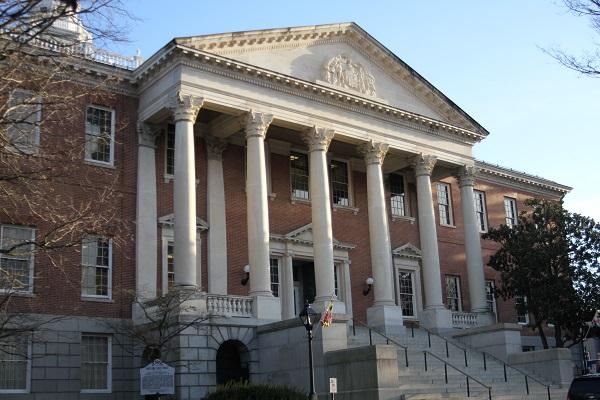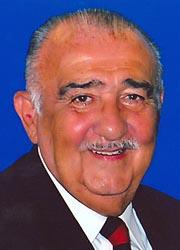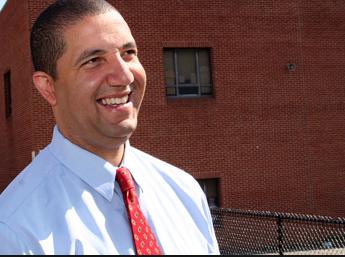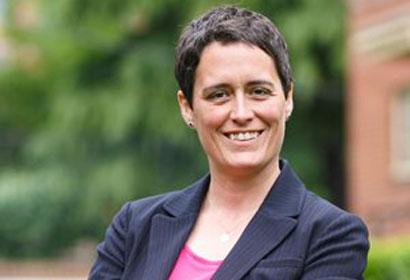On Saturday Maryland became the 16th state in the US to pass legislation decriminalizing marijuana. The bill needs a signature from Gov. Martin O’Malley who expressed grave reservations about decriminalization and legalization when the session began in January.
A Senate bill sponsored by Sen. Bobby Zirkin of Baltimore County passed the House of Delegates in a 78-55 vote after amendments offered by opponents were rejected during two hours of intense debate.
Lawmakers in both chambers have lauded the efforts of Del. Keiffer Mitchell and the Legislative Black Caucus for resuscitating the bill after Del. Joe Vallario, the powerful chair of the judiciary, tried to kill it with a task force study over the next two years.
Vallario, D-Prince George’s, has been historically opposed to decriminalization.
But a wave of Democrats revolted against Vallario knowing there were ample votes for passage. On Friday morning Mitchell led with a floor amendment to kill the task force idea and bring Zirkin’s original bill to a vote—citing a long history of racial disparity in enforcement of the marijuana laws.
“It is my belief and others that we in good conscious cannot allow a task force to take place for two years while there is racial disparity,” Mitchell, D-Baltimore City, told his colleagues on Friday. “We believe it is not something that should be continued to be studied…as the facts continue to stare us in the face.”
The bill was then sent back to the judiciary where the task force idea was scrapped and only minor changes were made to Zirkin’s original bill.
If signed into law by O’Malley, possession of 10 grams or less would become a fineable civil offense with no jail time. The measure also provides privacy protections that shield civil citations from public inspection and prohibit publication on the Maryland Judiciary website.
The law would take effective Oct. 1 and require mandatory court hearings and treatment for violators under the age of 21. Anyone over 21 would only have to appear on the third offense and be subject to a drug treatment program. First, second and third offenses would carry fines of up to $100, $250 and $500 respectively.
Anyone under 18 would be referred to the juvenile system in a manner similar to underage drinking.
A source in the Senate told the Spy “there are no foreseeable issues with the House amendments. It will most likely pass.”
The changes mirror the recommendations in an ACLU report last year.
The report said that 88 percent of all drug arrests in the US from 2001 to 2010, over seven million arrests, were for possession. In 2010 alone the states spent $3.6 billion enforcing marijuana possession laws.
Maryland’s marijuana possession laws have been blamed for kludging the legal and law enforcement systems. An analysis from the Maryland Department of Legislative Services cited 19,828 arrests in 2013 for amounts of 10 grams or less–and resulted 3,099 cases of fines and incarceration.The report also said that blacks were nearly four times more likely to get arrested than whites “who use marijuana at similar rates.”
Del. Heather Mizeur, whose running a distant third in Maryland’s Democratic gubernatorial primary, said the bill had the support of 90 percent of Marylanders and would remove a barrier to housing and employment.
“Every year that we lack the courage to move forward on this issue means that 23,000 more people are dragged through our criminal justice system,” Mizeur, D-Montgomery, said during floor debate on Saturday. “[These are] people who have real consequences on whether they can find employment, keep housing and get access to their scholarships.”
Del. Mike Smigiel, a lawyer on the judiciary, and the legislature’s most staunch libertarian, told opponents that Maryland’s marijuana laws had failed and that moving enforcement to civil court would not cause an increase in marijuana use.
“It isn’t going to stop all the problems because we say you’re not going to go to jail,” Smigiel, R-Cecil, said. “Everyone of the states that has either legalized, or went to decriminalization, has had no increase, there’s been no problems.”
“This is going to be an opportunity to stop taking people who make a mistake and turning them into criminals for using something and doing something that isn’t harming another,” He said. “We stand up here all the time…and rally about getting government out of our lives, and to let us live our lives, and now we’re getting government out of your life.”
He said that many police officers testified before committees this session in favor of decriminalization. Smigiel was one of only three Republicans in the House and the only Eastern Shore legislator in either chamber to support the bill.
In the audio at right, Del. Herb McMillan, R-Anne Arundel, spoke in support of decriminalization and said people should’t go to jail for possessing a small amount of marijuana.







Write a Letter to the Editor on this Article
We encourage readers to offer their point of view on this article by submitting the following form. Editing is sometimes necessary and is done at the discretion of the editorial staff.